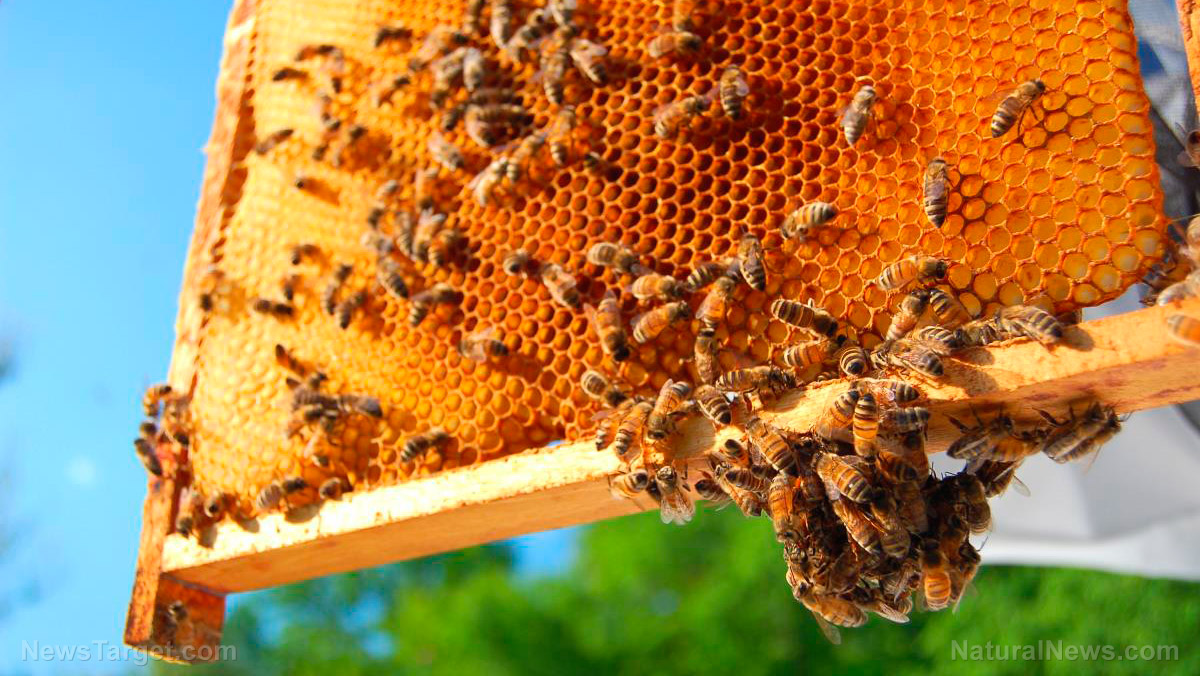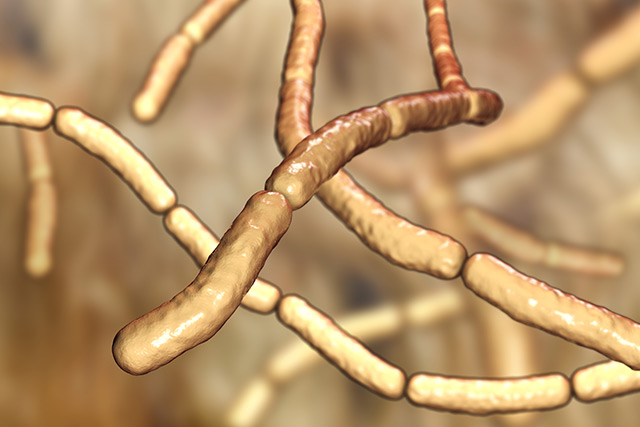The larvicidal activity of pomelo
09/13/2018 / By Ralph Flores

Researchers from the Philippines have found that pomelo (Citrus grandis) could potentially be used to control the spread of dengue fever. In their study, published in the Indian Journal of Natural Products and Sciences, the team from the National Research Council has identified C. grandis peels to have toxic effects against the dengue vector Aedes aegypti, making it a natural and economically viable alternative to synthetic methods.
- There is a need for novel ideas for larvicides that specifically target A. aegypti larvae without any adverse effects on the environment, given the harmful effects that synthetic larvicides have on human health and the environment.
- In the study, the team investigated the toxicity of hexane extract from C. grandis peels against A. aegypti eggs, larvae, and adult form.
- From the results, the extracts were toxic against the third and fourth instar larvae with a median lethal dose (LC50) of 1.11 mg/L.
- By measuring the knockdown effect of C. grandis peels on adult female mosquitoes, researchers found that almost 50 percent of the sample population was knocked down within 11.50 minutes, with 90 percent achieved in 28.79 minutes. After 24 hours, the team recorded a mortality rate of 100 percent from hexane extract from C. grandis peels.
- The hexane extract had a median lethal dose of 13.84 mg/L on the eggs of A. aegypti.
Researchers concluded that C. grandis could be used as a sustainable and environment-friendly alternative to control the dengue vector A. aegypti.
Read more natural ways to control dengue at NaturalCures.news.
Journal Reference:
Torres RC, Garbo AG, Walde RZML. OVICIDAL, LARVICIDAL, AND ADULTICIDAL ACTIVITIES OF CITRUS GRANDIS (L.) OSBECK AGAINST DENGUE VECTOR, AEDES AEGYPTI (L.). Indian Journal of Natural Products and Resources. 2016;7(3):252–255. http://nopr.niscair.res.in/handle/123456789/37007
Tagged Under:



















